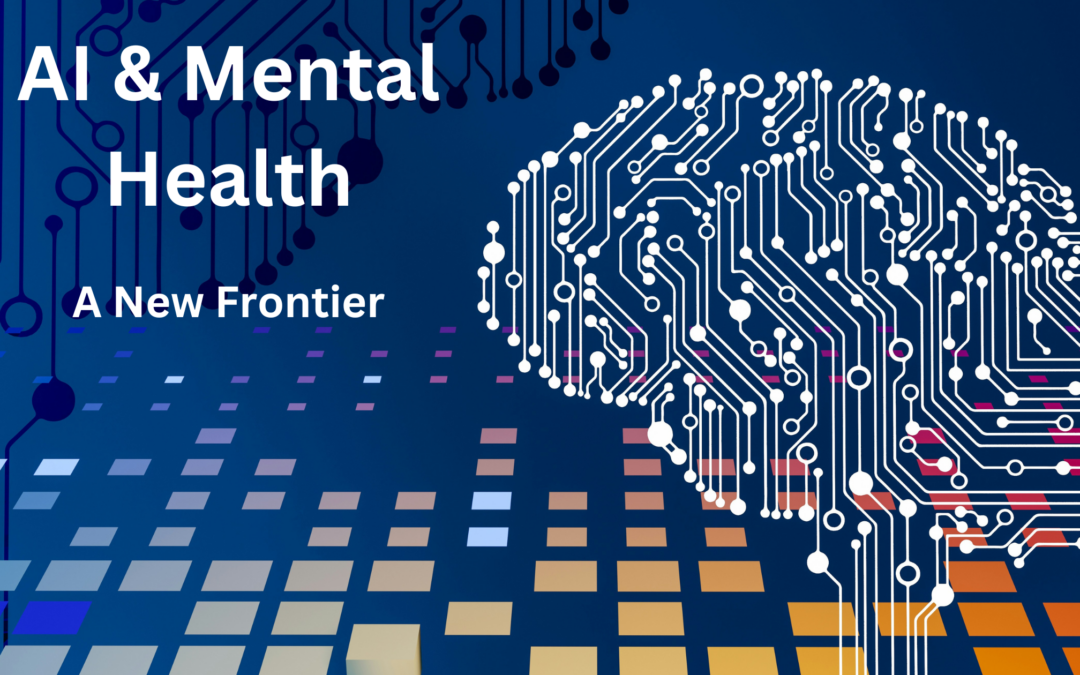The role of AI in mental health care is progressively growing as AI is used all over the world for diagnosing and treating mental disorders. With mental health issues spiking across the globe and the healthcare system not having sufficient capacity for psychiatric services, timely and appropriate care is often lacking. AI is a potential solution to address this problem. It contributes towards the increase in the supply, efficiency, and patient-centeredness of mental health treatment. This article investigates how AI has crept into the mental health field through early diagnosis to personalized treatment programs and the hurdles that come its way.
Early Detection and Diagnosis
Artificial intelligence (AI) plays a main role in detecting and diagnosing mental illnesses. Since people report their own symptoms of mental health problems like depression and anxiety, identifying these problems can be challenging. AI algorithms could search for and trace the patterns in speech, text, and even chat room postings to detect the early warning signs of mental health problems. Moreover, the linguistic processing (NLP) algorithms can spot the language shifts or tone differences that are the indicators of depression. Early detection is the most important factor in producing early intervention that results in positive outcomes for patients.
Personalized Treatment Plans
AI can handle and evaluate tons of data that can, in turn, be used in the development of individualized treatment regimes. Using a patient’s medical history, lifestyle, and even genetic data, AI can help clinicians elaborate custom treatment plans that are more effective. Machine learning algorithms can predict patients’ probable reactions to different therapies, so treatment selection will no longer be a trial-and-error procedure. This not only creates better patient results but also increases patient engagement and satisfaction by providing care that matches each patient’s individual needs.
Virtual Mental Health Assistance
AI-powered chatbots and virtual assistants have launched new methods for mental health care. In such situations, these tools become the crash pad for round-the-clock emotional support and coping skills for people troubled with mental health problems. The role of volunteer organizations is not to take the place of these groups, but they serve as initial points of support that can give advice or suggest professional help. The first function of those virtual assistants is to demystify the prejudice and the physical distance that prevents some people from getting mental health services.
Ethical and Privacy Considerations
Nevertheless, although AI integration into mental health services has many positive aspects, it also has serious ethical and privacy issues. AI could face issues like intrusion of privacy and safety of data as it will be required to process private patient data. Moreover, we must ensure that AI algorithms are not biased by design. Otherwise, there could be discrimination in medical care. The ethical use of AI systems in mental health care depends on transparency, mutuality, and regulation.
Artificial Intelligence is a new field that is full of opportunities for diagnosing and treating mental health issues and can revolutionize conventional mental health care. AI, through early detection of problems, tailor-made treatment programs, and providing online help, can significantly improve the availability and quality of mental health services. Nevertheless, the use of AI in mental health care calls for ethical and privacy matters to be seriously tackled. As we stride this new path, the focus should be on AI as a tool for enhancing care in mental health, not as a substitute, ensuring that patients get effective, empathetic, and personalized treatment.

